Introduction
Repossessed cars offer a unique opportunity for individuals to purchase quality vehicles at discounted prices. When a person defaults on their car loan, the lender has the right to repossess the vehicle and sell it to recoup their losses. These repossessed cars often end up at auctions, where they are sold to the highest bidder. In this comprehensive guide, we will explore the process of finding and buying repossessed cars for sale, as well as provide tips for getting the best deal.
Understanding Repossessed Cars
Before delving into the specifics of buying repossessed cars, it’s important to understand what exactly constitutes a repossessed vehicle. When a borrower fails to make their car loan payments, the lender can take back the vehicle through a legal process known as repossession. Once the lender has repossessed the car, they will typically attempt to sell it in order to recover the outstanding debt. This is where the opportunity arises for buyers to purchase repossessed cars at a fraction of their market value.
Finding Repossessed Cars for Sale
There are several avenues through which individuals can find repossessed cars for sale. One of the most common methods is through public auctions. Many lending institutions, such as banks and credit unions, hold auctions to sell off repossessed vehicles. These auctions are often open to the public, providing an opportunity for buyers to bid on and purchase repossessed cars.
In addition to auctions, buyers can also find repossessed cars for sale through online listings. There are numerous websites that specialize in listing repossessed vehicles from various sources, providing detailed information about each car, including photos and vehicle history reports. These online platforms can be a convenient way to browse a wide selection of repossessed cars from the comfort of your own home.
Researching Repossessed Cars
Before participating in an auction or making a purchase, it’s essential to conduct thorough research on any repossessed car you’re interested in. This includes obtaining a vehicle history report to uncover any past accidents, title issues, or other potential red flags. Additionally, it’s advisable to have a trusted mechanic inspect the vehicle to identify any underlying mechanical issues that may not be immediately apparent.
Participating in Repossessed Car Auctions
Attending a repossessed car auction can be an exhilarating experience, but it’s important to approach it with a well-thought-out strategy. Prior to the auction, carefully review the list of available vehicles and establish a budget for how much you are willing to spend. It’s crucial to stick to your budget during the auction, as it’s easy to get caught up in the excitement of the bidding process and overspend.
When bidding on repossessed cars, it’s also important to carefully assess the condition of each vehicle and factor in any potential repair costs. While repossessed cars are often sold at significantly lower prices than their market value, they may require maintenance or repairs, so it’s essential to account for these potential expenses in your bidding strategy.
Inspecting Repossessed Cars
Prior to purchasing a repossessed car, it’s crucial to thoroughly inspect the vehicle to assess its condition. This includes examining the exterior and interior for any signs of damage or wear, as well as checking under the hood and conducting a test drive. Look for any indications of neglect or poor maintenance, as these factors can impact the overall value and reliability of the vehicle.
Additionally, be sure to review the vehicle’s documentation, including the title, to ensure that there are no outstanding liens or legal issues associated with the car. A clear title is essential for transferring ownership of the vehicle, and any discrepancies should be addressed before completing the purchase.
Understanding the Risks and Benefits
While purchasing a repossessed car can offer significant cost savings, it’s important to be aware of the risks associated with buying a vehicle in this manner. Repossessed cars may have a history of neglect or deferred maintenance, which could result in unexpected repair costs down the line. Additionally, some repossessed vehicles may come with limited or no warranty, leaving buyers responsible for any repairs or issues that arise after the purchase.
On the other hand, the benefits of buying a repossessed car can be substantial, particularly for budget-conscious buyers seeking a reliable vehicle at a discounted price. With careful research, inspection, and due diligence, it is possible to find a high-quality repossessed car that meets your needs and represents a sound investment.
Negotiating the Purchase
Once you have identified a repossessed car that meets your criteria, it’s time to negotiate the purchase. If you are buying from a private seller or dealership, you may have the opportunity to negotiate the price, particularly if you have conducted thorough research and identified any issues that may impact the value of the vehicle. Be prepared to make a reasonable offer based on the market value of similar cars and the condition of the repossessed vehicle.
Keep in mind that when purchasing a repossessed car at an auction, there may be less room for negotiation, as the price is often determined by competitive bidding. However, by setting a clear budget and understanding the maximum amount you are willing to pay, you can avoid overextending yourself and ensure that you get a fair deal.
Finalizing the Purchase
Once you have agreed on a price for the repossessed car, it’s time to finalize the purchase. Be sure to review all documentation carefully, including the sales contract, title transfer paperwork, and any additional agreements or disclosures. If you are obtaining financing for the purchase, ensure that you understand the terms of the loan and are comfortable with the monthly payments and interest rates.
After completing the necessary paperwork, you can take possession of the repossessed car. It’s important to follow the proper procedures for registering the vehicle in your name and obtaining insurance coverage before driving it on public roads.
Conclusion
Repossessed cars present an opportunity for savvy buyers to acquire quality vehicles at affordable prices. By understanding the process of finding, researching, and purchasing repossessed cars, individuals can make informed decisions and potentially save thousands of dollars on their next vehicle.
In conclusion, repossessed cars for sale present a unique opportunity for buyers to find quality vehicles at discounted prices. By exploring avenues such as auctions and online listings, conducting thorough research, and approaching the purchase with a clear strategy, individuals can increase their chances of finding a reliable repossessed car that meets their needs and budget.
It’s important to weigh the risks and benefits associated with purchasing a repossessed car, as well as to carefully inspect and negotiate the purchase. With the right approach, buyers can take advantage of the cost savings offered by repossessed vehicles while minimizing the potential drawbacks.
Ultimately, the process of buying a repossessed car requires diligence, patience, and a keen eye for value. By leveraging the resources and strategies outlined in this guide, individuals can navigate the market for repossessed cars with confidence and potentially secure a great deal on a quality vehicle. Whether you’re a first-time buyer or an experienced car enthusiast, the world of repossessed cars offers a compelling opportunity to find your next vehicle at an exceptional value.
By understanding the intricacies of repossessed cars for sale and approaching the purchase process with care, buyers can unlock the potential for significant savings and drive away in a reliable and affordable vehicle.

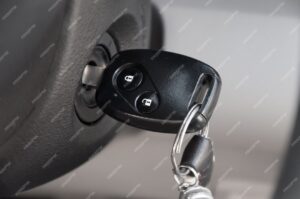
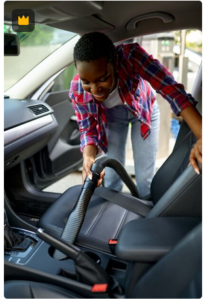

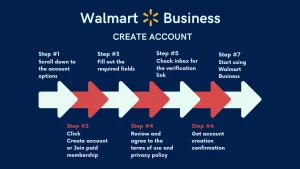
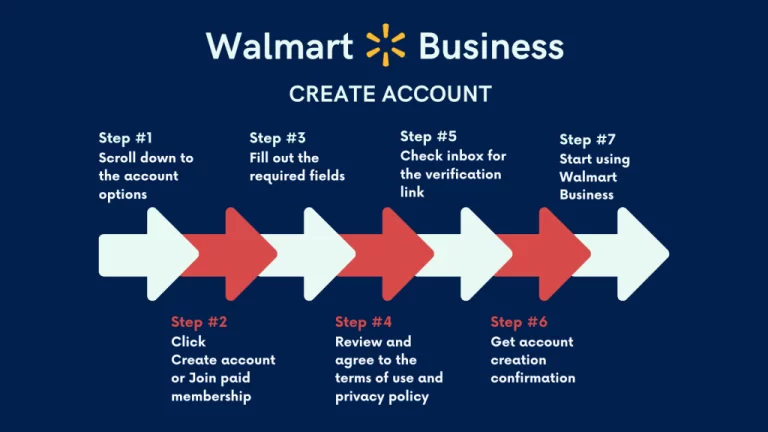
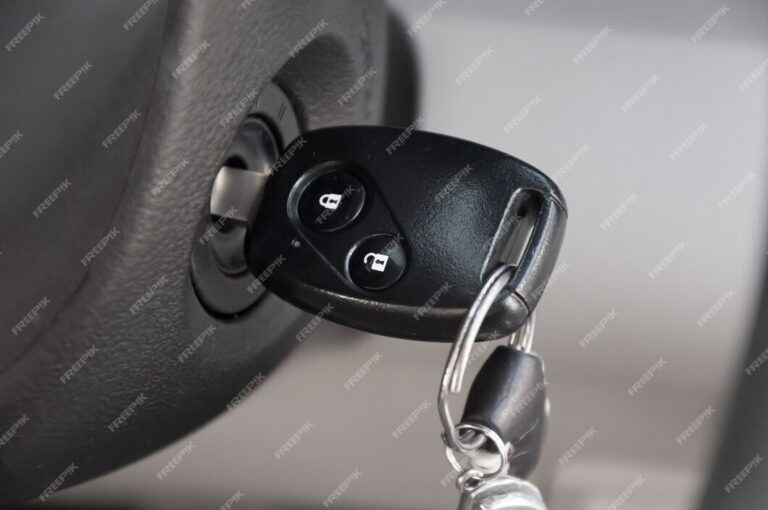
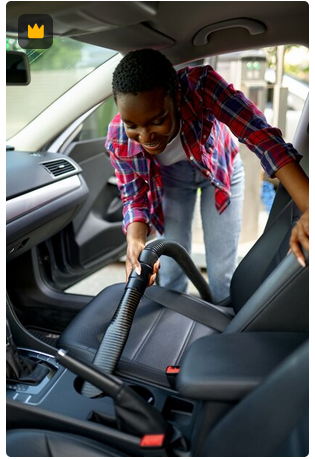
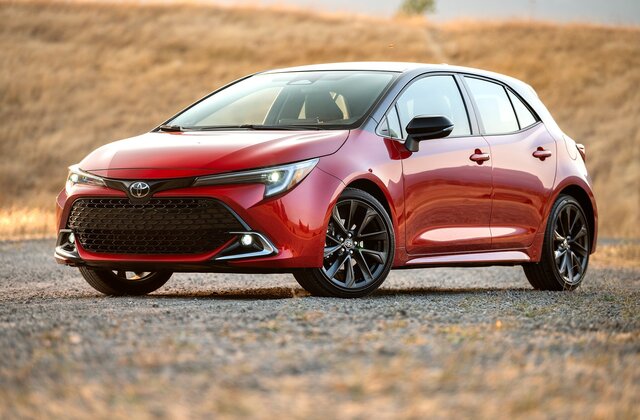

+ There are no comments
Add yours